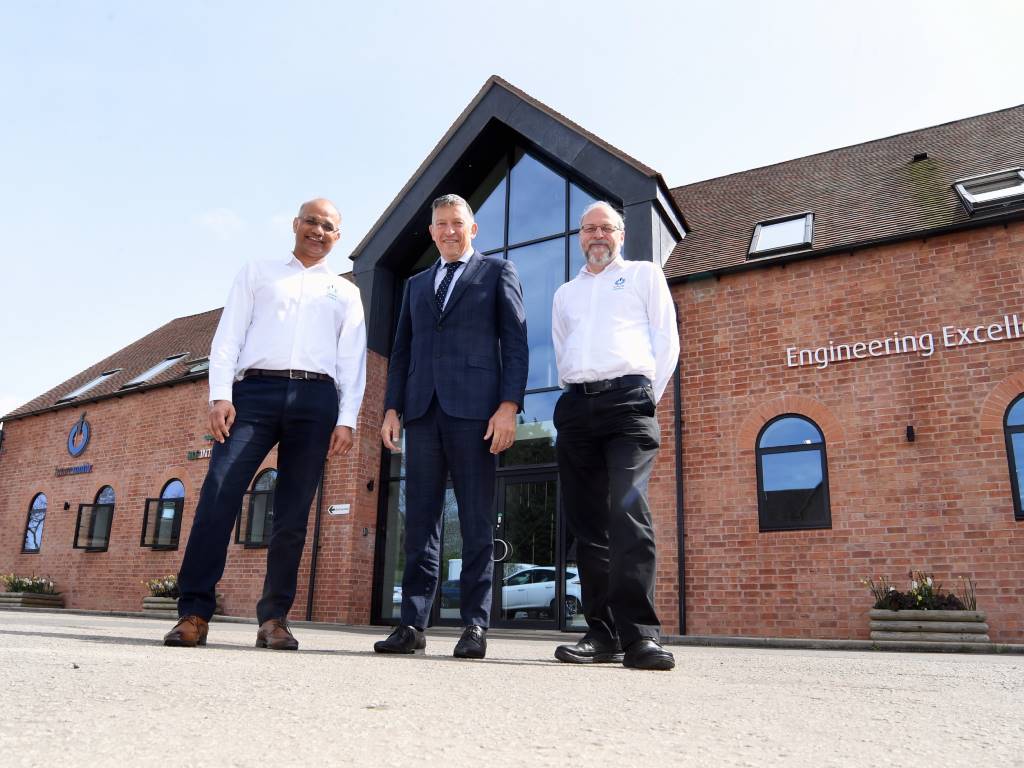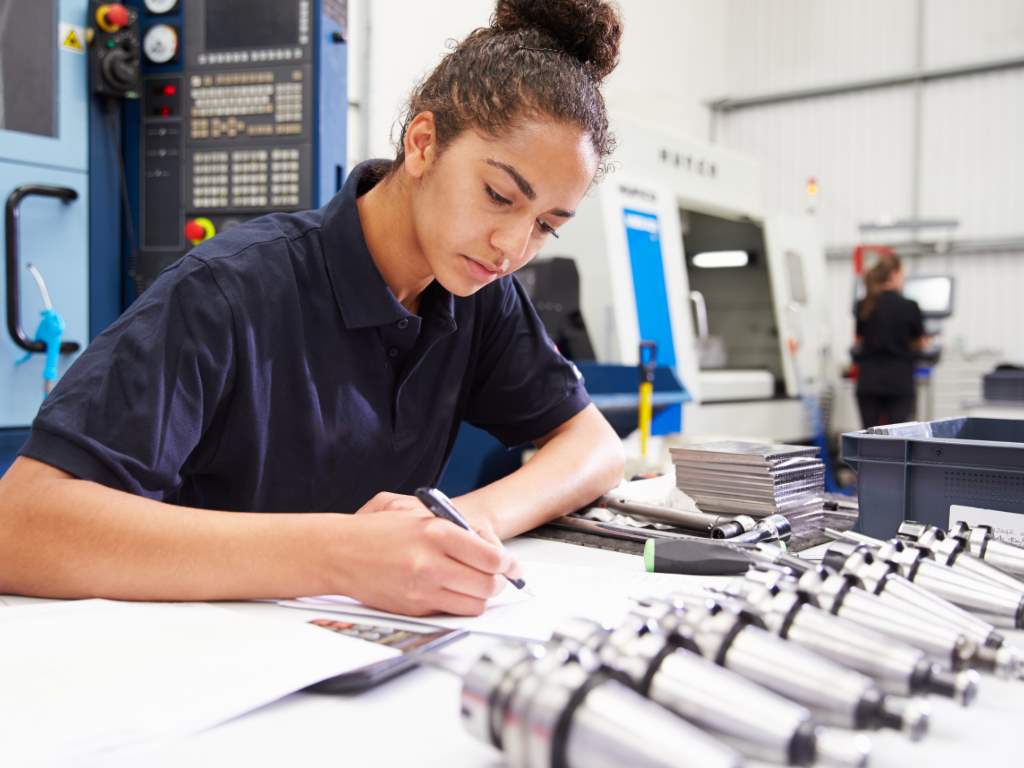Invest to be best

Subcon Laser Cutting based in Nuneaton is one of the UK's longest established laser cutting specialists. Ed Hill visited the company to hear how investing in new equipment has driven its expansion down the years.
From its development in the late 1960s, laser cutting has now grown to be a well-established manufacturing process, especially in the field of sheet metal. Tom Mongan, general manager at Nuneaton-based Subcon Laser Cutting, has witnessed much of the industry's development, since joining the company in the early 1990s.
“When I first saw what lasers could do I was amazed,” he recalls. “I really thought there's no industry which couldn't be supplied to by laser produced products. I wanted to carry as many samples as I could to show the range of what we could offer.”
Subcon Laser processes a diverse range of materials ranging from common metals such as aluminium, mild and stainless steels to more exotic types such as brass and copper. The ISO 9001:2008 accredited company, which employs around 30 people and has a £4 million turnover, can also process armour plate, titanium, duplex, hastelloy, Inconel and even Kevlar materials amongst others.
It works for customers of all shapes and sizes ranging from blue chip automotive and advanced engineering to architectural, marine, white and yellow goods, agricultural, power generation, defence, oil and gas, artists and sign makers.
However, its longer term success has to an extent been built on supplying the automotive sector with 2- and 5-axis laser cut products for which the company has supported most of the major OEMs from prototype quantities right through to production volume.
“Automotive will always be most prominent industry because of the volumes it requires but we are lucky that we have a good mix of work across many sectors,” Mr Mongan notes.
The company also provides secondary operations such as bending and forming, machining, powder coating, plating and deburring either in-house or through a trusted group of subcontractors.
“Laser cutting is our strength but we can produce finished components if we need to. Some of our customers need a complete service and we have to be adaptable in order to offer that and add value to what we supply.”
Larger volumes As laser technology has improved with the introduction of faster machines and technology such as solid state and fibre lasers Mr Mongan argues that it has become a more cost-effective production process able to handle larger volumes.
“In the early days laser cutting was a relatively expensive way of producing parts, now we do anything from one-offs to hundreds of thousands. As lasers have become faster they are much more of a production aid and they can cut a much wider range of materials.”
The company was also an early investor in three dimensional, 5-axis laser machines which widened the scope of work it could cut such as low volume or prototype pressings for automotive customers.
Confidence is currently high at the company. Turnover has increased year on year since the recession with last year an increase in turnover of 41% enabling it to invest in two flatbed Trumpf Trulaser Brightline Fiber machines – a 5040 and 5030 – in the last 12 months. It has also ordered a Trumpf 8kW Brightline Fiber machine which is due to be delivered in January; the first of its kind to be installed in the UK.
“The 8kW machine will be a game changer for us and for the industry. It will allow us the cut thicker material much more cost-effectively and open new markets.”
With eight Trumpf machines installed (nine with the 8kW machine) Mr Mongan says the company has the strength and depth to meet customer orders regardless servicing or breakdowns.
“Trumpf are the machines of choice because of the reliability, cost efficiency and energy saving benefits they deliver. But if we have a breakdown we can easily move the work from one to another. We've been running 24/7 for the past four years but we still need to find more capacity which we know the 8kW machine will give us.”
Fibre breakthroughs
Although CO₂ lasers are more cost-effective and produce better cutting results for some applications, the recent improvement in fibre laser technology means these machines can now often outperform them mainly due to reduced cycle times.
“CO₂ machines still do a job, but it is going to be interesting to see how our new 8kW fibre machine will perform,” Mr Mongan comments. “The introduction of technology such as Trumpf's BrightLine Fiber means these machines are now so flexible in terms of the material thicknesses that they seem to be the only choice moving forward.
“Our TruLaser 5040 is delivering fantastic results across the thickness spectrum up to 25mm thick. Another advantage of fibre machines is their ability to cut reflective materials such as brass and copper which has delivered new customers for us.” Mr Mongan believes there is always a need to explore new markets and find potential new customers but he has been encouraged by the trend of UK customers re-shoring work from low cost companies in Asia and Eastern Europe.
“A few years ago some companies did outsource work to China but they soon found they had quality issues. Two of our biggest recent contracts came after Chinese suppliers had let customers down.”
And according to Mr Mongan investing in the latest technology has always been a key reason for Subcon Laser's continuing success: “Customers come back to us because invariably we have the latest equipment which means we can do things quicker and more efficiently and with better quality. It gives us the opportunity to go back out to the market and say: ‘this is what we can do and these are the cost downs we can offer'.”
Getting to know government
Subcon Laser's success has put it in the limelight and attracted interest from well-known politicians. After local MP Marcus Jones attended an open day to mark its 25th anniversary and £1 million investment in new facilities and equipment, Mr Mongan met the former Business Secretary Vince Cable and was subsequently invited to both 11 and 10 Downing Street to meet George Osborne and David Cameron.
So does he believe the Government really understands the needs of manufacturing?
“It was a great honour to be invited to Downing Street. I hope politicians are interested in what we say to them but I am not sure how much impact it has. In my view industry has had to help itself regardless of what government has been in power and whatever the economic winds have blown at it. Industry has to adapt and survive; however, I think politicians lose sight of the fact that if we don't make anything then we can't sell anything.
“The outlook for manufacturing is as bright as it's been for a very long time, however there is still this feeling of uncertainty in certain sectors that things are still fragile. The likes of JLR, Nissan and Honda are doing well but they are owned by big foreign corporations. We lack big indigenous UK owned manufacturing companies. At some point there will inevitably be another recession whether it's due to economics or global events or even a disruptive technology so we always have to be prepared.”
As with most areas of manufacturing Subcon Laser finds recruitment one of its most difficult tasks. The company now has some young trainees but it is difficult for SMEs to invest in new staff.
“A huge part of this company's success is the people who work in it. Getting new key staff is probably one of our most difficult tasks because we want people who share our passion for giving the customer what they want, when they want it at a competitive price and top quality. A lot of companies give it lip service but we really do care, and that is one of the main reasons customers choose us.”
The last four years have been a time of unprecedented growth and investment for Subcon Laser but Mr Mongan is aware that things can soon change.
“Since the last recession we have been able to invest in new equipment meaning production levels have gone up but things can change on a daily basis at a company like ours. We have to constantly evolve, whether that's through exploiting new markets or investing in new equipment.
“We also have to look after our established customers. It is very easy to lose sight of ensuring they are happy. There are always going to be competitors offering to do things cheaper and quicker so I don't want customers to be let down by our quality or service in any way.”
He concludes: “The development of new machines means lasers can do more and more and that also drives our investment. I am still very excited by this industry and enthusiastic about what lasers can do.” Pic. Tom Mongan, general manager Subcon Laser Cutting
Subcon Laser Cutting
www.subconlaser.co.uk













